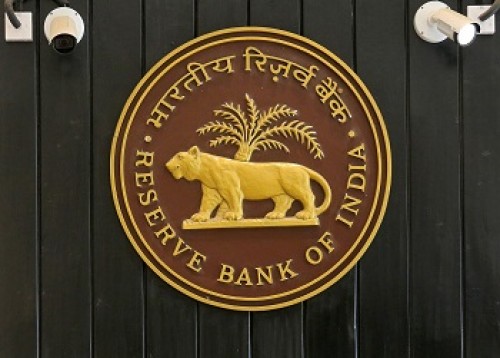RBI comes out with draft guidelines for derivatives trading in credit default swaps

Follow us Now on Telegram ! Get daily 10 - 12 important updates on Business, Finance and Investment. Join our Telegram Channel
https://t.me/InvestmentGuruIndiacom
Download Telegram App before Joining the Channel
The Reserve Bank of India (RBI) has come out with the draft guidelines for allowing derivatives trading in the credit default swaps (CDS) in over-the-counter (OTC) markets and on recognised stock exchanges in the country. As per the draft, the debt instruments eligible to be a reference or deliverable obligation in a CDS contract will include commercial papers, certificates of deposit and non-convertible debentures of original maturity up to one year, rated corporate bonds (listed and unlisted) and unrated rupee bonds issued by the special purpose vehicles set up by infrastructure companies.
Asset-backed securities and mortgage-backed securities and structured obligations, such as credit enhanced and guaranteed bonds, convertible bonds, and bonds with call-put options, will not be permitted as reference or deliverable obligations. The CDS refers to credit derivative contract in which protection seller commits to compensate the protection buyer for the loss in the value of an underlying debt instrument resulting from a credit event. In return, the protection buyer makes periodic payments (premium) to the protection seller until the maturity of the contract or the credit event, whichever is earlier.
As per the draft guidelines, at least one of the parties to a CDS transaction will be a market-maker or a central counterparty authorised by the RBI. The market makers for CDS will include scheduled commercial banks, NBFCs and primary dealers with a minimum net worth of Rs 500 crore, Exim Bank, NABARD, National Housing Bank and SIDBI. The user of the credit derivatives contract can be retail as well as non-retail. The non-retail users include insurance companies, pension funds, mutual funds, alternate investment funds, and foreign portfolio investors. The guidelines further said the retail users will be allowed to undertake transactions in permitted credit derivatives for hedging their underlying credit risk, while the non-retail users may undertake transactions for hedging and other purposes.










Tag News

Monthly Debt Market Update, September 2023: CareEdge Ratings












